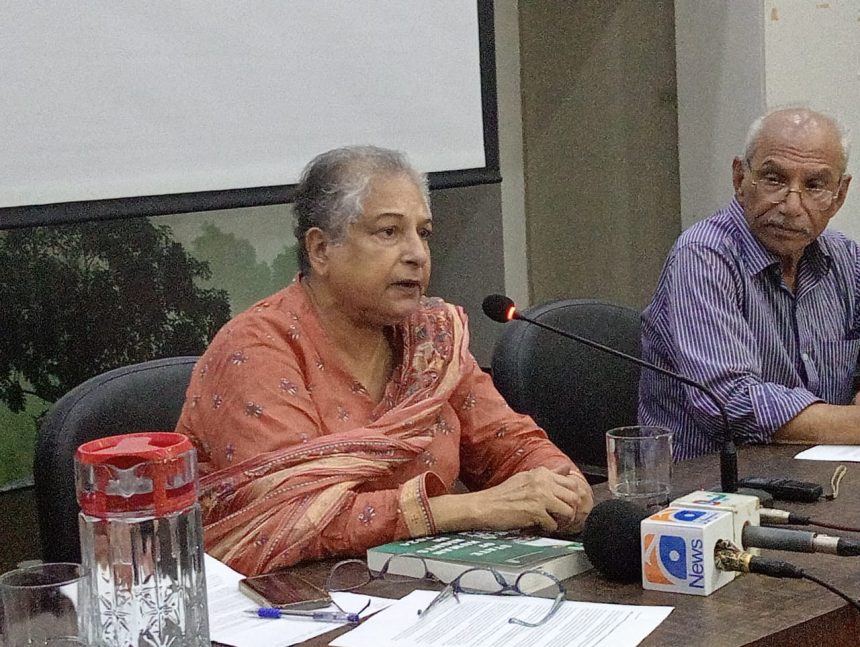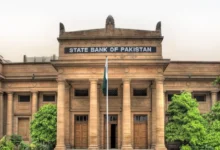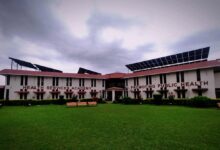HRCP Raises Alarm Over Worsening Rights Situation in Punjab

The Human Rights Commission of Pakistan (HRCP) has voiced serious concern over what it describes as worsening political instability and a rise in human rights violations across Punjab.
Unveiling its State of Human Rights in 2024 report at a press conference in Lahore on July 22, the commission offered a sobering assessment of governance failures and widespread social injustices in the province.
While the 2024 general elections saw an increase in registered voters and overall ballots cast, HRCP pointed out a paradoxical decline in voter turnout. It acknowledged the significant increase in women’s representation in legislatures, but cautioned that this progress was overshadowed by persistent dysfunction within the Punjab Assembly. Disruptions were frequent, including walkouts by women lawmakers over inappropriate behaviour, and legal wrangling surrounded the allocation of reserved seats for women and minorities.
The report also condemned the swift passage of the Punjab Defamation Act 2024, warning that it posed a serious threat to freedom of expression. According to HRCP, the law was enacted without sufficient public debate and is now the subject of a constitutional challenge in the Lahore High Court.
The commission further criticised the provincial government’s decision to close roads in a bid to prevent Pakistan Tehreek-e-Insaf (PTI) protests in Islamabad, noting that such measures curtailed the right to movement for both political activists and the general public.
Religious minorities remained highly vulnerable, with HRCP documenting continued incidents of violence and systemic discrimination. The lynching of a Christian man in Sargodha on blasphemy allegations was cited as a particularly troubling example. The Ahmadiyya community, citing persistent threats and persecution, opted out of the electoral process entirely.
The report also highlighted a disturbing rise in child abuse cases, with Punjab accounting for 78 percent of the 1,630 incidents reported nationwide in the first half of the year. The province also recorded over 2,500 cases of sexual assault, more than 2,100 kidnappings, and numerous reports of trafficking and physical abuse. The death of 11-year-old Ayesha, a domestic worker in Faisalabad, served as a grim reminder of the dangers facing children employed in private households.
Gender-based violence remained widespread. The commission documented cases involving rape of women with mental disabilities, domestic violence resulting in death, and honour killings. It also raised concerns over the handling of a reported rape at a private college in Lahore, noting that while no conclusive evidence had surfaced, institutional responses to such cases remain deeply flawed.
Although the Lahore High Court recently ruled gender-based provisions in the Child Marriage Restraint Act 1929 unconstitutional, HRCP criticised the absence of broader legal reforms to safeguard children and women.
The report further flagged ongoing neglect of workers’ rights and environmental hazards. Sanitation workers continue to operate under unsafe conditions, and government efforts to curb hazardous air quality remain insufficient. Lahore and Multan recorded some of their highest-ever smog levels in November 2024.
In its final remarks, the report drew attention to a string of targeted killings: nine Punjabis on the Quetta-Taftan highway and seven labourers in Panjgur, Balochistan, in suspected militant attacks. HRCP called these incidents emblematic of the state’s inability to protect its most at-risk citizens.
“The erosion of rights is not just a policy lapse—it’s a human crisis,” the commission warned. “From the chambers of power to the most vulnerable communities, justice is being denied, and accountability remains out of reach.”
The press briefing was led by HRCP Punjab Vice Chair Raja Ashraf, alongside senior Council members including former chairperson Hina Jillani.






